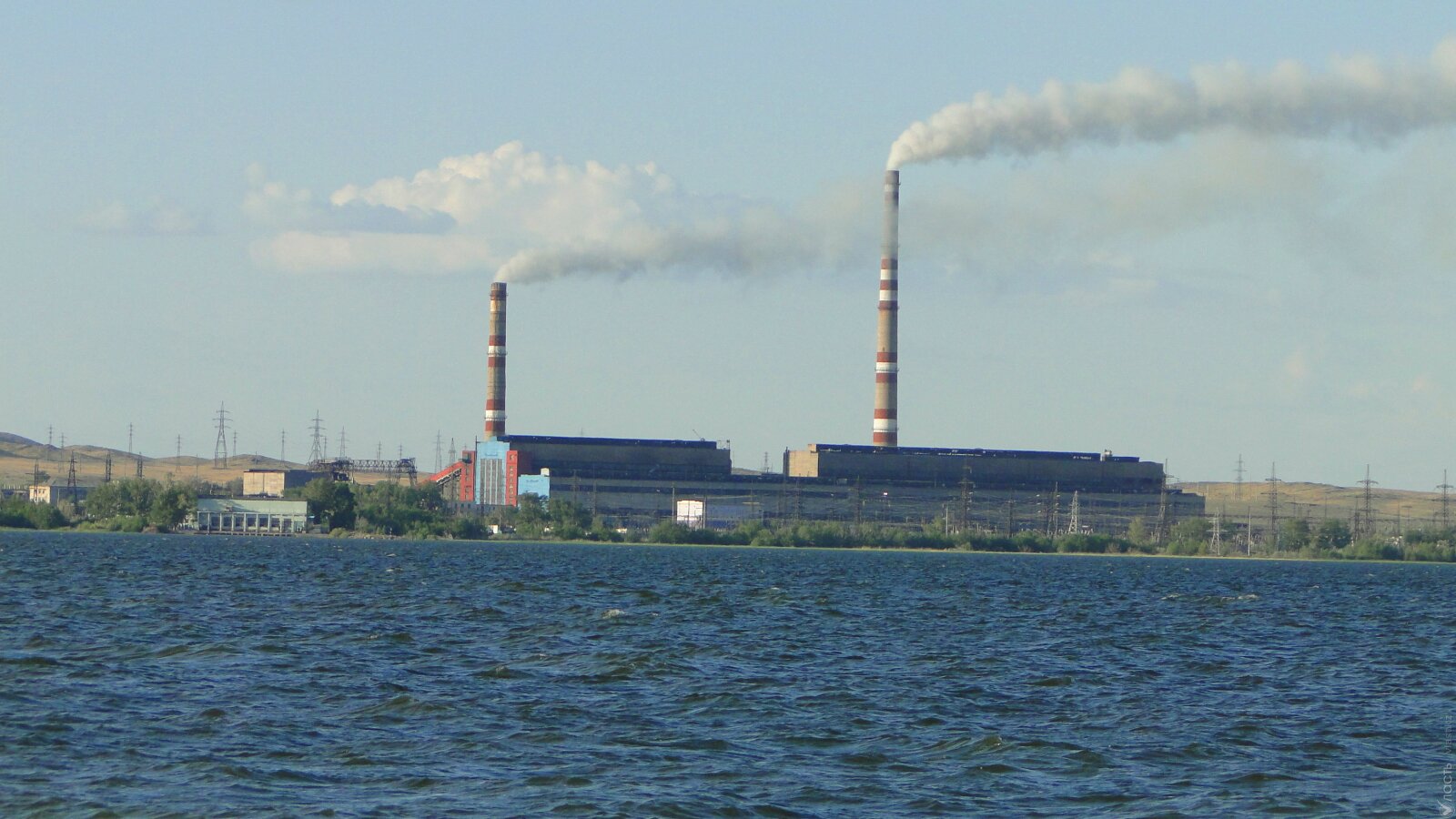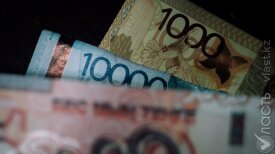US ambassador Daniel Rosenblum said on September 29 that Kazakhstan’s government has been effective in monitoring and controlling the export of dual-use goods to Russia. Since August 2022, Kazakhstan has banned the export of military goods, although a joint investigation showed that dual-use goods have been exported from Kazakhstan to Russia. .
An emergency at two power plants caused a blackout in the Karaganda region, an industrial hub in central Kazakhstan. On September 28, two coal-fired plants suffered a shutdown, regular supplies of electricity resumed the following day.
The government of Kazakhstan said that on September 23 a court in the Netherlands lifted a freezing order on KMG Kashagan, a $4.4 billion company that holds a stake in an offshore oil field in the Caspian Sea. The company’s assets had been frozen in relation to a long-running, multi-jurisdiction litigation that Moldovan businessman Anatol Stati and his companies had brought to court against Kazakhstan. In 2013, a Stockholm Chamber of Commerce arbitration ruling condemned Kazakhstan to pay more than $500 million to the Stati Parties in damages, plus costs and interest, for having violated obligations under the 1994 Energy Charter Treaty, an industry standard in the oil and gas sector.
During a work visit to Germany on September 28, President Kassym-Jomart Tokayev said that Kazakhstan will “unambiguously” abide by the sanctions imposed on Russia. During his visit, Tokayev met with German Chancellor Olaf Scholz and participated in a Central Asia-Germany high level meeting.
On September 25, Tokayev also met with government representatives from Belarus, Kyrgyzstan, and Russia in Astana. Tokayev highlighted that trade turnover had grown by 13% in 2022, compared to the previous year.
The value of the local currency, the Kazakh tenge, against the US dollar fell sharply at the beginning of the week, only to stabilize on previous values on September 29. Timur Suleimenov, head of the Central Bank, said on September 28 that the global strengthening of the US dollar, a growing seasonal demand from importers, and the lifting of an obligation to sell foreign currency earnings for quasi-public sector enterprises all caused the weakening of the national currency.
Echo, a local election observing NGO, was unable to access its bank account for at least two days, after being listed among the entities that receive foreign funding by the ministry of finance last week. On September 27, Echo representatives said that Nurbank, the bank they use, unfroze their account after requesting additional documents regarding their funding. International NGOs have sharply criticized the publication of a list of entities receiving funds from abroad.
Six people were sentenced for stealing weapons from police officers during the unrest linked to Qandy Qantar (Kazakh for ‘Bloody January’, the repression of last year’s urban protests across the country), a court in Taldykorgan said on September 26. On the same day, a court in Almaty rejected the defendants’ request to overhaul the composition of the court judging the “airport hijacking” case related to Qandy Qantar.
On October 1, the Atyrau oil refinery will kick off a month-long planned turnaround, the ministry of energy said on September 25. The plant will be offline until November 3. Until then, the Shymkent refinery (at 50% capacity) and the Pavlodar refinery, together with increased imports from Russia, will provide gasoline to the country.
London-listed Kazatomprom, the country’s nuclear energy monopolist, appointed Meirzhan Yusupov as the new CEO and chairman of the board on September 29. Yerzhan Mukhanov, his predecessor, had served in this position for a little over one year.
On September 28, the Swiss Attorney General filed an indictment in the Federal Criminal Court against Gulnara Karimova, the daughter of former President of Uzbekistan Islam Karimov, for bribery, money laundering, and organized crime in Switzerland. An investigation into Karimova’s alleged money laundering activities had been launched in 2012.
Поддержите журналистику, которой доверяют.








